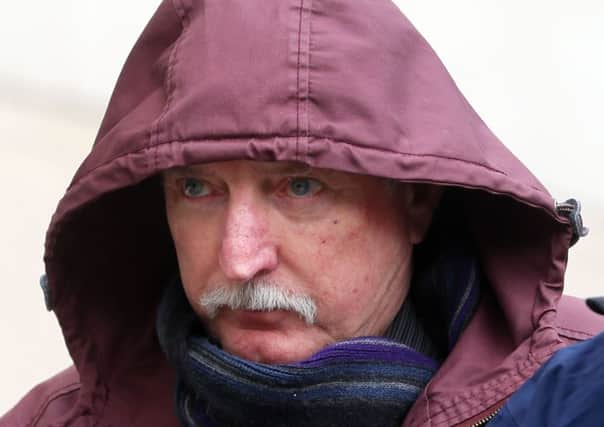Man to find out if he will face trial over killing of widow Jean McConville


Ivor Bell is charged with aiding and abetting the kidnap, killing and secret burial of widowed mother of 10 Jean McConville in 1972.
Advertisement
Hide AdAdvertisement
Hide AdOn Tuesday, District Judge Amanda Henderson confirmed she had reached a decision on the strength of the evidence presented during a two-day preliminary inquiry at Belfast’s Magistrates’ Court last week.
The judge ordered Bell, who denies all the charges, to attend a hearing at the Laganside court complex, where he will be told if his case is to proceed for trial at the crown court.
Jean McConville, 37, was dragged from her home in Belfast’s Divis flats complex by an IRA gang of up to 12 men and women in late 1972.
She was accused of passing information to the British Army - an allegation later discredited by the Northern Ireland Police Ombudsman.
Advertisement
Hide AdAdvertisement
Hide AdThe widow was shot in the back of the head and secretly buried 50 miles from her home, becoming one of the “Disappeared” victims of the sectarian conflict.
It was not until 1999 that the IRA admitted to the murder when information was passed to police in the Irish Republic.
Her remains were eventually found on Shelling Hill beach, Co Louth, by a member of the public in August 2003.
Nobody has been convicted of her murder.
Part of the case against Bell is based on the content of tapes police secured from an oral history archive collated by Boston College in the United States.
Advertisement
Hide AdAdvertisement
Hide AdAcademics interviewed a series of former republican and loyalist paramilitaries for their Belfast Project on the understanding the accounts of the Troubles would remain unpublished until their deaths.
But that undertaking was rendered meaningless when Police Service of Northern Ireland (PSNI) detectives investigating Mrs McConville’s death won a court battle in the US to secure the recordings.
It is alleged one of the interviews was given by Bell - a claim the defendant denies - and he was first charged in March 2014.
Bell’s defence lawyers have repeatedly argued that the case should be discontinued.